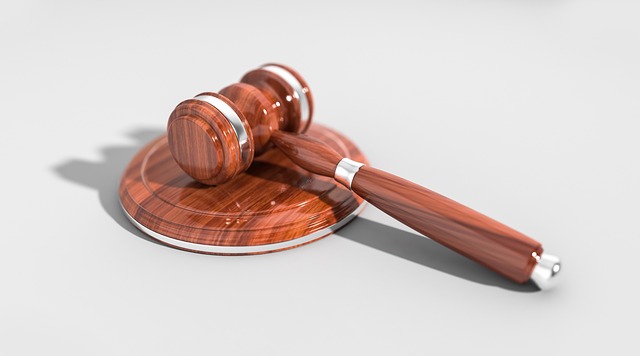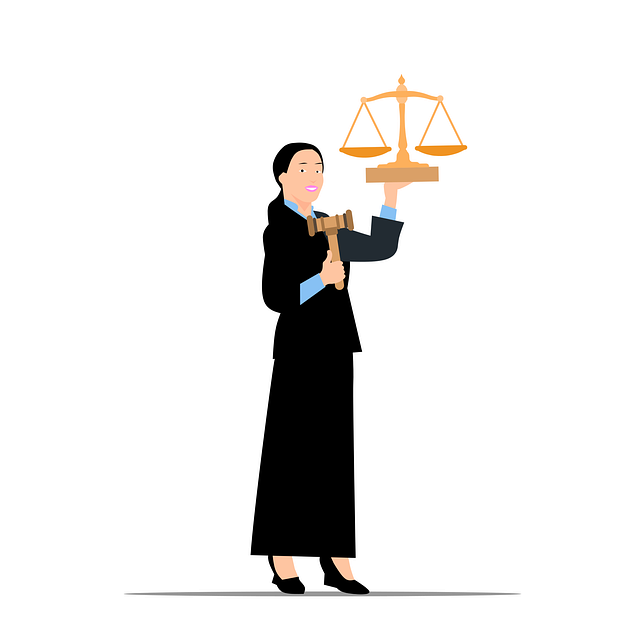Securities scams target investors with unrealistic promises and high-pressure tactics, often hidden behind urgency and lack of transparency. To avoid these frauds, stay alert to red flags, understand legitimate investments' detailed disclosures, and be wary of too-good-to-be-true offers. The Statute of Limitations for Libel Cases, usually a 3-year window, is key in securities fraud cases, ensuring timely justice and protecting rights. Regulatory bodies and enforcement agencies collaborate to uphold market integrity through this temporal constraint, preventing prolonged legal battles and securing dismissals in complex schemes. Learning from historical cases like Enron and Bernard Madoff's scams drives reforms and underscores the importance of adhering to regulations and documenting communications within the Statute of Limitations for Libel Cases.
In the complex world of securities, scams pose a significant threat to investors. This article delves into the intricate web of securities fraud, unveiling common schemes and red flags that can protect you. We explore the legal framework surrounding libel cases, with a focus on the crucial Statute of Limitations for securing justice. Learn about the role of regulatory bodies in safeguarding investors and gain insights from notable case studies. Additionally, discover practical tips to prevent falling victim to fraudulent activities.
- Understanding Securities Scams: Common Schemes and Red Flags
- Legal Framework: How the Statute of Limitations Affects Libel Cases in Securities Fraud
- Protecting Investors: The Role of Regulatory Bodies and Enforcement Agencies
- Case Studies: Notable Securities Scams and Their Aftermath
- Preventive Measures: Tips for Investors to Guard Against Fraudulent Activities
Understanding Securities Scams: Common Schemes and Red Flags

Securities scams are a prevalent and insidious threat to investors, often preying on their trust and financial aspirations. Understanding these schemes is the first step in safeguarding your investments. Common tactics include promising unrealistic returns, using high-pressure sales techniques, or offering exclusive access to supposedly lucrative opportunities. Scammers may also create false identities or use misleading marketing materials to attract victims.
One of the key red flags to watch out for is urgency—demanding immediate action with threats of missing out on a once-in-a-lifetime opportunity. Another common trait is the absence of transparency; legitimate investment opportunities typically provide detailed information about risks, fees, and past performance. If an offer seems too good to be true, it probably is. Moreover, be wary of those who promote investments without considering your individual financial goals or risk tolerance—a reputable advisor will always tailor recommendations for his clients. The Statute of Limitations for libel cases may vary, but being alert to these red flags can help protect you in high-stakes cases, ensuring an unprecedented track record of avoiding fraudulent schemes.
Legal Framework: How the Statute of Limitations Affects Libel Cases in Securities Fraud

In securities fraud cases, the Statute of Limitations plays a pivotal role in determining the timeline for legal action. This legal framework sets a time limit—usually three years—within which an individual or entity must file a lawsuit related to securities fraud. The clock starts ticking from the moment the plaintiff discovers the fraudulent activity or should have reasonably known about it. This provision is essential in ensuring timely justice and preventing prolonged legal battles.
For his clients involved in corporate and individual capacities, understanding the Statute of Limitations for libel cases is crucial. A general criminal defense strategy often includes navigating these limitations to build a robust case. By acting promptly, victims can protect their rights and seek compensation or preventative measures to deter future frauds.
Protecting Investors: The Role of Regulatory Bodies and Enforcement Agencies

Protecting investors from fraudulent activities is a multi-faceted task, with regulatory bodies and enforcement agencies playing pivotal roles. These entities are tasked with upholding the integrity of financial markets by enforcing regulations designed to prevent securities scams. One key tool at their disposal is the Statute of Limitations for Libel Cases, which sets deadlines for filing legal actions. This temporal constraint ensures that justice is served while also providing accused parties with a sense of fairness, preventing prolonged legal battles.
In high-stakes cases involving complex financial schemes, these regulatory bodies often collaborate to uncover and dismantle operations that could have far-reaching consequences. Their unprecedented track record in securing complete dismissal of all charges against masterminds behind such scams demonstrates the effectiveness of their strategies. Through robust oversight and enforcement, they foster an environment where ethical conduct is the norm, protecting investors from unscrupulous practices.
Case Studies: Notable Securities Scams and Their Aftermath

In the realm of securities fraud, some cases stand out as defining moments, shedding light on the intricate web of deception that can devastate investors and shake public trust. These notable scams have not only left a lasting impact but have also shaped legal strategies and protections. One such example is the Enron Corporation scandal in the early 2000s, where sophisticated accounting fraud led to the company’s collapse, affecting thousands of investors across the country. This case highlighted the need for stringent regulations and brought about significant reforms in financial reporting standards.
Another compelling instance is the Ponzi scheme orchestrated by Bernard Madoff, which was one of the largest white-collar and economic crimes in history. Madoff’s deceitful investment scheme collapsed in 2008, resulting in losses estimated at over $65 billion. The aftermath saw a surge in legal actions, with many victims pursuing winning challenging defense verdicts. The Statute of Limitations for Libel cases played a crucial role in these pursuits, ensuring that investors had a chance to seek justice within a specified timeframe. These case studies serve as a reminder of the far-reaching consequences of securities scams and the ongoing efforts to strengthen legal frameworks to combat financial fraud.
Preventive Measures: Tips for Investors to Guard Against Fraudulent Activities

Investor protection against securities scams starts with knowledge and vigilance. It’s crucial to remember that no investment is entirely risk-free, but being aware of common fraudulent tactics can help investors avoid becoming victims. One effective strategy is to stay informed about regulatory bodies and their guidelines; understanding market trends and staying skeptical of excessive promises or quick riches is essential. For his clients, this means keeping a keen eye on the fine print, verifying the reputation of investment opportunities, and reporting any suspicious activities.
Moreover, investors should be mindful of time limits like the Statute of Limitations for libel cases, which can vary across jurisdictions. Actively engaging with financial advisors or professionals who provide transparent, well-researched advice is beneficial. Avoiding indictment in legal terms means staying clear of schemes that seem too good to be true, and those that pressure investors into hasty decisions without proper due diligence. Winning challenging defense verdicts in such cases can be achieved by adhering to regulatory standards and keeping a record of all communications and investments.
Securities scams, a pervasive threat to investors, can be mitigated by recognizing common schemes, understanding legal protections like the Statute of Limitations for libel cases, and adopting proactive measures. Regulatory bodies and enforcement agencies play a pivotal role in safeguarding investors. By learning from historical case studies, individuals can better protect themselves. Staying vigilant, educating oneself about potential red flags, and promptly reporting suspicious activities are essential steps towards a more secure investment landscape.






